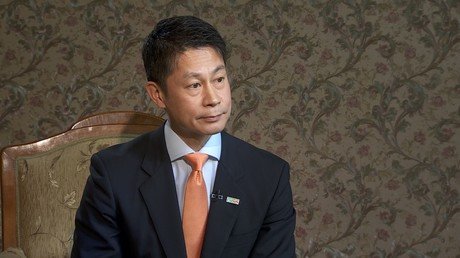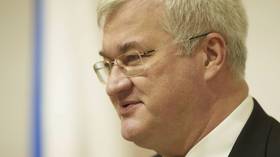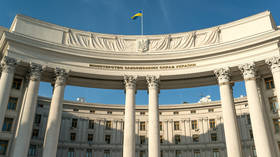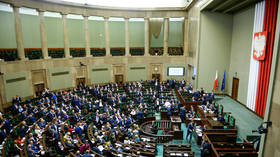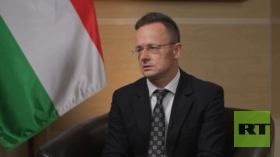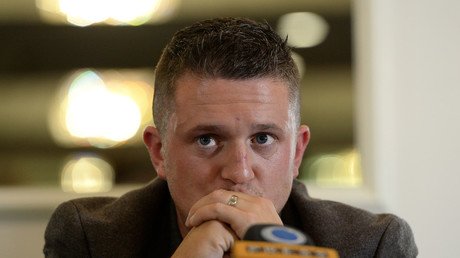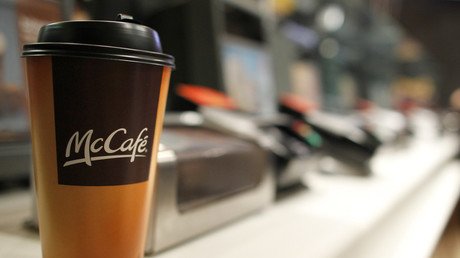US used Hiroshima atomic bomb victims as ‘guinea pigs’, survivor tells RT
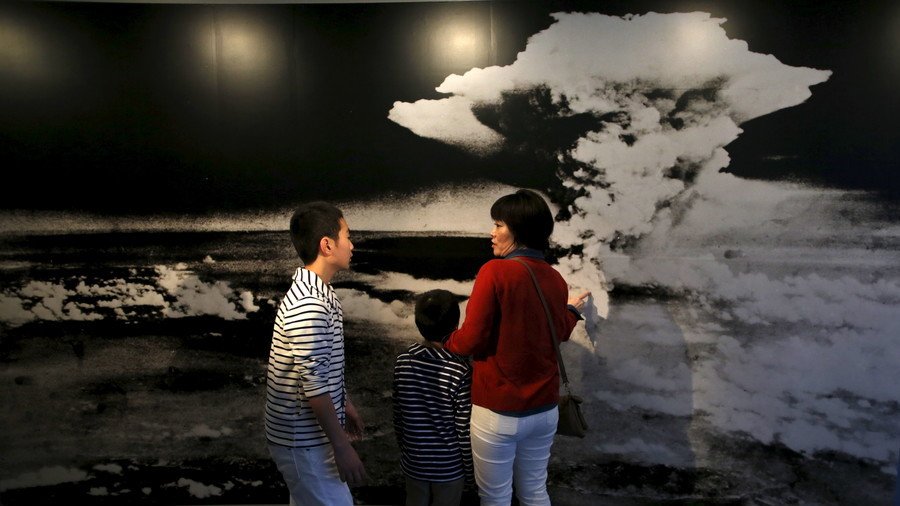
Survivors of the Hiroshima atomic bomb were used as lab rats for US research, and the post-war occupation forces censored media reports attempting to shed light on the atrocity, a survivor of the nuclear attack told RT.
Setsuko Thurlow, a nuclear weapons disarmament activist and survivor of the nuclear bombing of Hiroshima, told RT’s Sophie Shevardnadze that US forces occupying Japan after the end of World War Two were more interested studying the effects of nuclear warfare than they were in helping victims of the attack.
“The United States established an institution called ABCC (Atomic Bomb Casualty Commission) and people were very happy that finally we got some medication, medical experts who knew what this was all about, who would help Japanese doctors who were at a loss,” Thurlow said while speaking on Shevardnadze’s SophieCo program.
“But the sole purpose of the ABCC was to study the effects of radiation on human bodies, not to help the people sick because of the radiation. The survivors felt they were used as guinea pigs twice: first time as a target, second as a subject for research.”
To make matters worse, the US occupation forces did all they could to suppress media coverage about the deadly attack and its horrific aftermath, Thurlow said.
“Occupational forces didn’t want the media, newspapers to write anything that could be seen as disadvantageous to occupational forces. And if a newspaper writes something about the destruction and especially human suffering in Hiroshima and Nagasaki, this would be considered disadvantageous, this would have stop. So they censored and forced some media companies to close the shop. This is not exactly a democratic thing to do.”
According to Thurlow, tens of thousands of personal items such as diaries, photographs and even haiku – Japanese poetry – were confiscated by the US authorities in order to prevent the world from understanding the full consequences of nuclear war.
“The scientific triumph of the United States of producing the atomic bombs was okay, the world could find out. But the human suffering these bombs caused - this was not to be found out by the world. That was the reason why [these things were confiscated].”
Watch the full episode:
Like this story? Share it with a friend!
